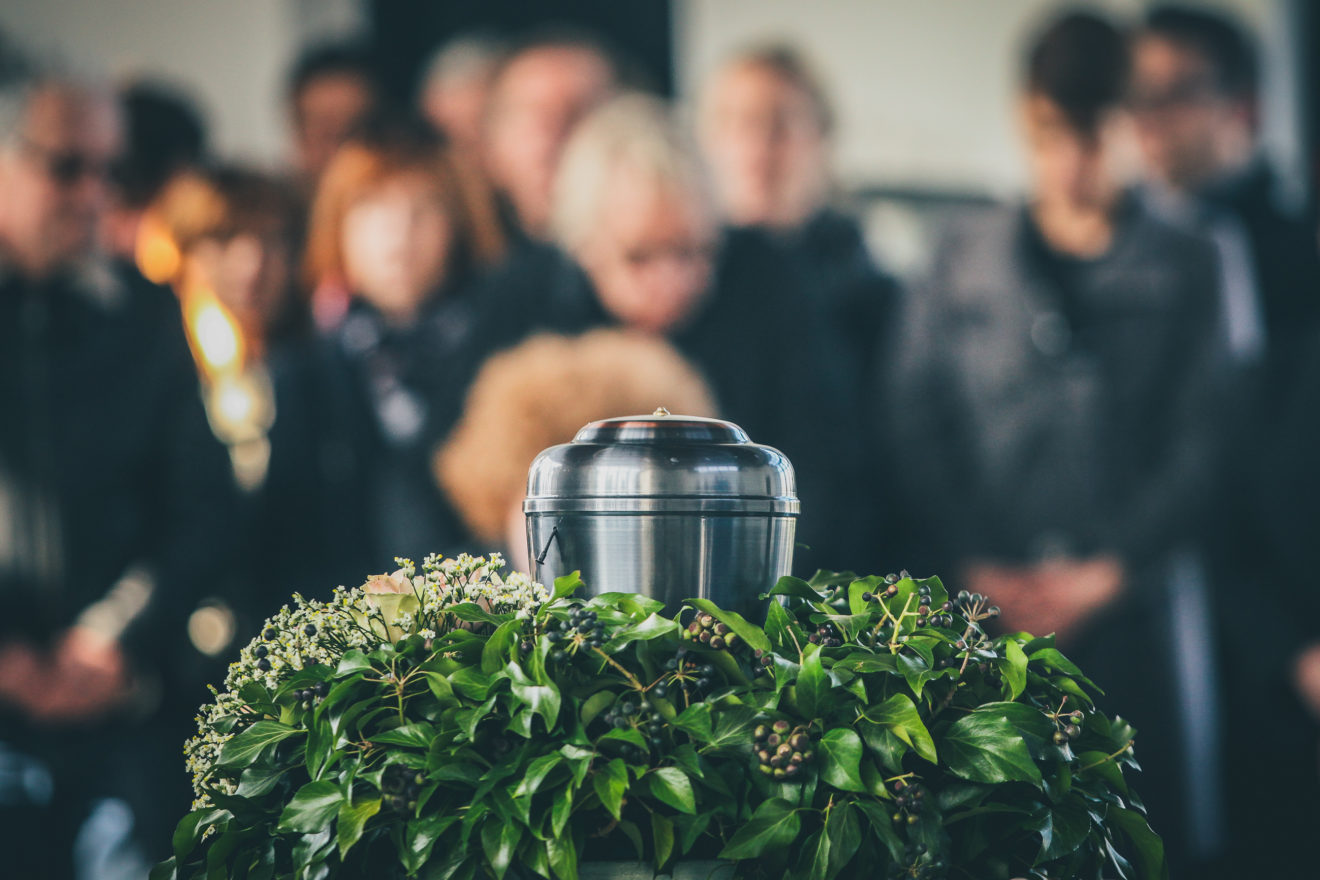Would you know what to do if somebody you love died a long way from home? DEBORAH ANDRES, the CEO of Flying Home, offers some wise words we should all ponder.
We all want to take on the expat adventure with a sense of renewed energy and commitment. What no expat wants to think about really is what happens if they or one of their family members dies in Singapore, away from their home country.
Death brings a sense of loss and anguish for those left behind, but when it happens in a different part of the world, these emotions are often amplified and can be even more profound for those back home. Often, expats don’t even consider repatriating the departed loved one. I’ve had conversations with people who have said, “There is nothing to do. I told my children just to have me cremated and thrown in the sea!” or “No need to plan anything. They can just cremate me and throw my ashes in the rubbish”; or “Maybe my parents would want to see me one last time but it’s too expensive, so I guess they’ll just have me cremated.”
However, the decision to cremate or repatriate a loved one should be considered wisely. While the family members here in Singapore will have the opportunity to see their loved one a final time before the cremation occurs, it’s a different story for the people back home. They’re not given a chance for that final touch, a kiss on the forehead, a stroke of the hair or holding a hand in theirs one last time. For those not present, it makes it difficult to believe and accept that the person they love is dead. The grief and healing process becomes harder, and the denial stronger, when you don’t get to say goodbye.

Questions to ask
There are some things you should figure out before you face a situation like this. Does the family want to be present for the funeral? Does your employer cover the cost of repatriation back to your country? If you’re to be cremated, what should be done with the ashes? What kind of service do you want? Do you want a memorial service here and at home? As awful as it might be to think about these things today, it’s far easier to figure this all out when you’re not immersed by the emotions surrounding death.
Arranging for services, repatriation, documentation and more may seem overwhelming, which is where Flying Home comes in. We handle everything, from organising death certificates and export permits, to the legalisation of all forms by governing organisations. The process of expediting a repatriation is determined by the country to which they are returning, as well as flight schedules. This process can take anywhere from 36 hours to five weeks. We can also help with arrangements for wake services, religious rites, booking of the flight for repatriation, fees and transportation. We can even help survivors contact relatives, friends and coworkers. Our job is to make your grief easier.
From one expat to another, I urge you to put your affairs in order. Then, go on living and enjoy your family, friends, work – and your life abroad!
For more information, visit flyinghome.com.
For more helpful tips, head to our Living in Singapore section.
11 spots to try a local breakfast
The expat’s guide to where to live in Singapore
20 quirky facts about Singapore
Don't miss out on the latest events, news and
competitions by signing up to our newsletter!
By signing up, you'll receive our weekly newsletter and offers which you can update or unsubscribe to anytime.



